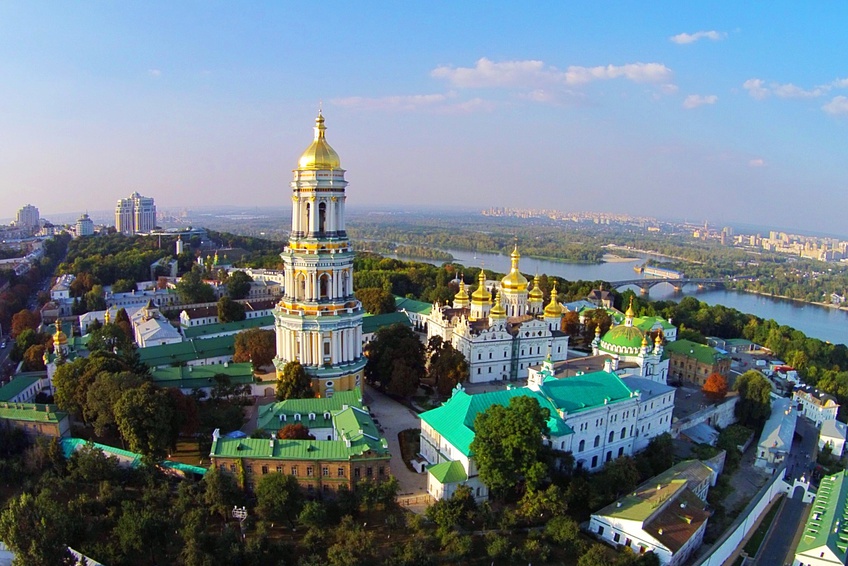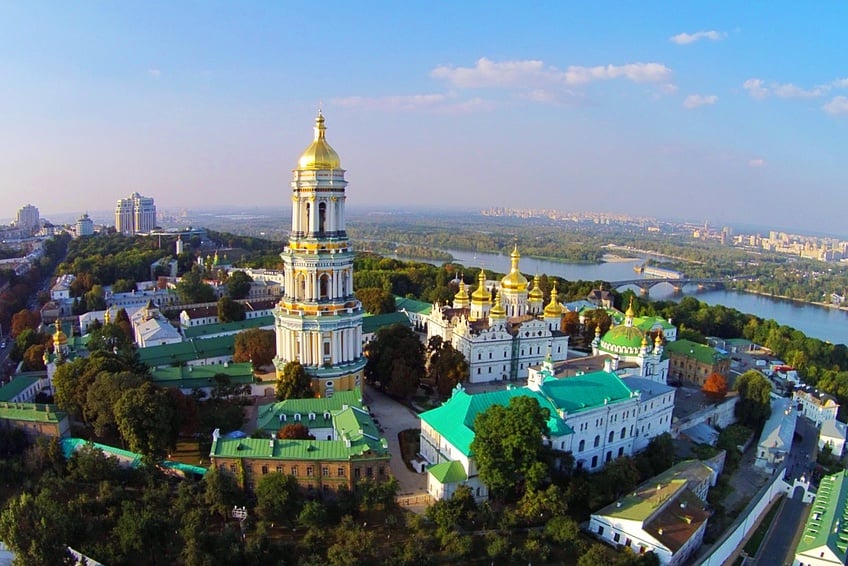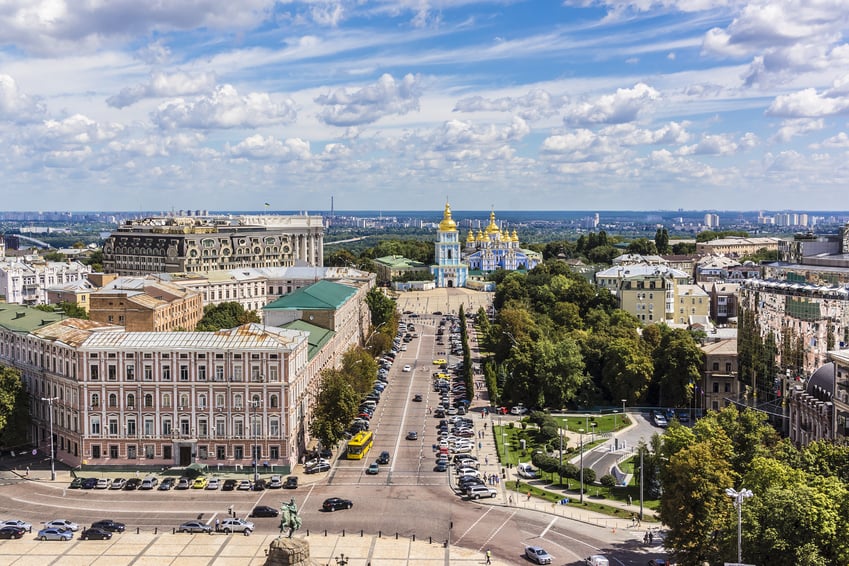In brief On 19 February 2021, Ukraine imposed[1] personal sanctions against a number of companies and individuals doing business in the Crimea and on the occupied territories of Donetsk and Luhansk regions (“Temporary Occupied Territories”) and suspected of terrorism financing, as well as on certain Russian-owned businesses. Contents The sanctions were…
On 19 February 2021, Ukraine imposed via Presidential Decree No. 64/2021 dated 19 February 2021 “On the Decision of the National Security and Defense Council “On Imposition and Amendment of Personal Special Economic and other Restrictive Measures (Sanctions)” (the “Sanctions Decision”) personal sanctions against a number of companies and individuals doing business…
Between 28 January and 2 February 2021, the president of Ukraine enacted1 three decisions of the National Security and Defense Council of Ukraine (“Sanctions Decisions”) imposing personal special economic and other restrictive measures (sanctions).
In response to opening the consulate of the Republic of Nicaragua in the temporarily occupied Crimea, on 2 February 2021 the Parliament of Ukraine for the first time in its history approved sectoral sanctions against the Republic of Nicaragua (“Sectoral Sanctions”).
On 25 April 2017, the Kyiv office of Baker McKenzie held a webinar on implementing efficient compliance programs in Ukraine for multinational companies and featured an update on Ukrainian sanctions and trade restrictions, including trade restrictions introduced in relation to Russia and the Crimea, as well as an update on Occupied Territories in the East of Ukraine.
Since 2014, Ukraine has significantly enhanced its anti-corruption and trade sanctions legislation and enforcement practices to align with US and EU standards. Now companies face the risk of criminal liability for corruption-related actions of their employees and full suspension of all operations in Ukraine for violating trade sanctions and restrictions, including trade restrictions introduced in relation to Russia and the Crimea.




